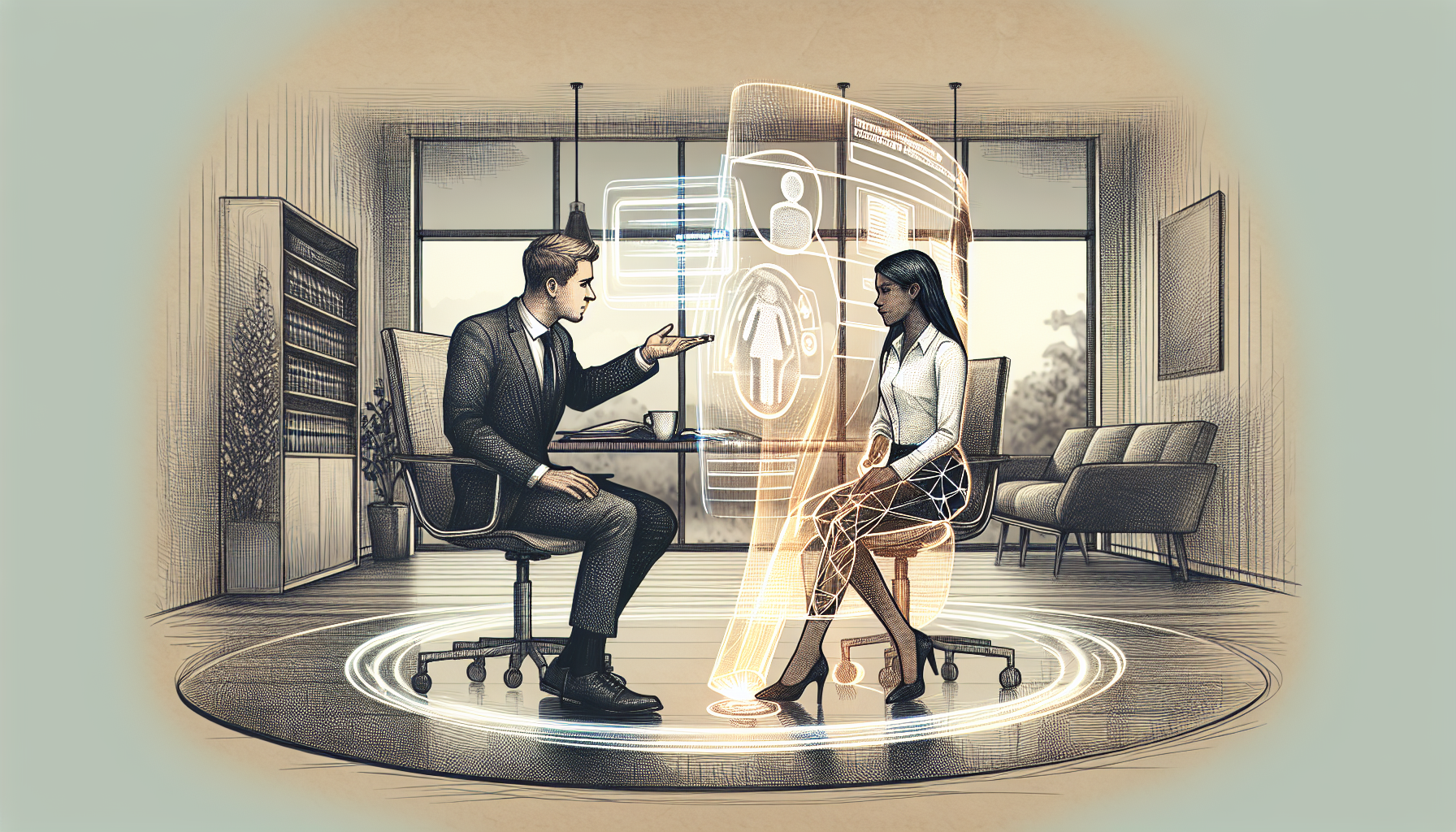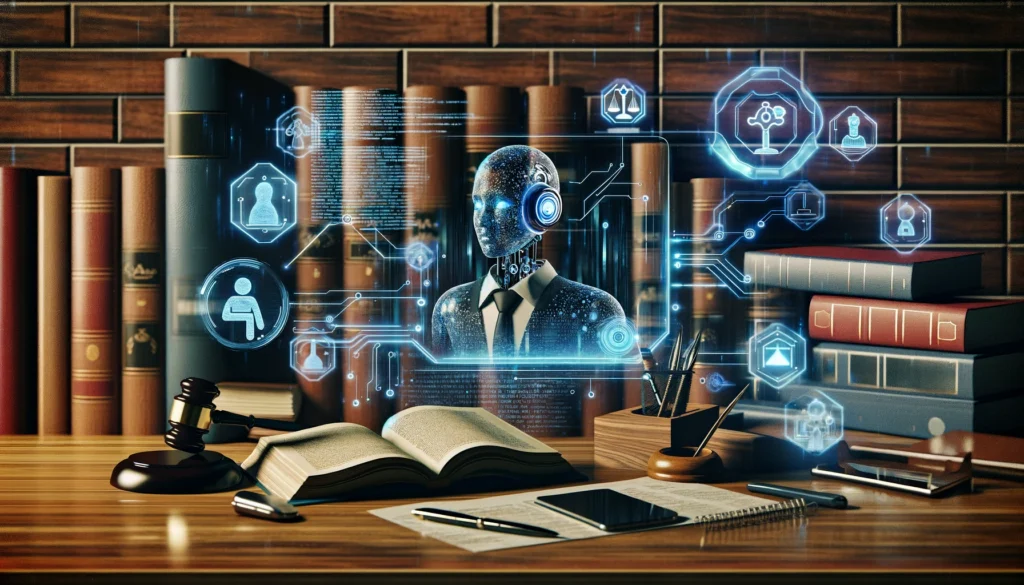
Setting the Stage for Efficient Estate Planning
Estate planning is a critical process that ensures the proper distribution of an individual’s assets upon their death. This practice involves drafting wills, setting up trusts, and making arrangements for the management of estates. Its importance cannot be overstated, as a well-crafted estate plan offers peace of mind and financial security for clients and their beneficiaries.
However, paralegals face numerous challenges during the estate plan review process. Traditional methods for analyzing extensive documents are time-consuming and often prone to human error. Additionally, keeping up with the most recent legal standards and client-specific requirements can be overwhelming. Enter the potential of artificial intelligence (AI) to streamline these tasks.
Harnessing the Power of ChatGPT and LLMs
ChatGPT and other Large Language Models (LLMs) are powered by AI and trained on vast amounts of text data to generate human-like responses. These tools are increasingly valuable for legal professionals, particularly in estate planning.
By integrating ChatGPT and LLMs, paralegals can benefit from accelerated document review, automated correspondence, and enhanced legal research. Not only does this improve efficiency, but it also reduces the chances of oversight, thereby enhancing the accuracy of estate plans.
Also read:
Smart Document Analysis and Summarization
One of the foremost benefits of ChatGPT is its ability to perform comprehensive initial document reviews. By feeding estate planning documents into ChatGPT, paralegals can obtain quick summaries and identify key information effortlessly.
Here’s how paralegals can craft effective prompts for document summarization:
- Summary Prompt: “Please summarize the main points of this estate planning document, focusing on the distribution of assets and primary beneficiaries.”
- Key Information Prompt: “Highlight any clauses related to the establishment of trusts and the designation of trustees in this will.”
In addition to summarization, ChatGPT can assist in identifying critical elements, such as unusual stipulations or specific asset distributions. Techniques like cross-referencing document sections and utilizing keywords can further enhance accuracy.
With these capabilities, paralegals can shift focus from mundane tasks to more complex legal analysis and client interaction.
Also read:
Streamlining Routine Correspondence
Routine communication is another area where ChatGPT can offer significant efficiencies. Paralegals spend considerable time drafting and responding to standard emails. Automating this process can free up valuable time.
- Email Drafting Prompt: “Generate a professional email informing a client about the receipt of their estate planning documents and the next steps in the process.”
- Follow-Up Prompt: “Compose a follow-up email requesting additional information needed to finalize an estate plan.”
By utilizing these prompts, paralegals can ensure consistent, clear, and professional communication and dedicate more energy to client-specific needs.
Also read:
Enhancing Legal Research and Drafting
Paralegals also face mounting pressure to stay up-to-date with the latest legal precedents and laws. LLMs like ChatGPT can be indispensable, speeding up legal research and drafting tasks. Imagine a scenario where you need to quickly review legal precedents for a specific estate planning issue.
- Research Prompt: “Provide a summary of recent legal verdicts relevant to irrevocable trusts in estate planning.”
- Clause Generation Prompt: “Draft a clause for a will that specifies the conditions under which a beneficiary can access their inheritance.”
Beyond research, LLMs enable the rapid drafting of tailored legal documents. Paralegals can generate detailed drafts and specific clauses, ensuring all legal provisions are appropriately addressed.
These advancements leave more room for critical evaluation, reviewing client needs, and improving the overall quality of work.
Also read:
Ensuring Accuracy and Compliance
Given the sensitive nature of estate documents, accuracy and compliance with legal standards are imperative. For fact-checking and cross-referencing, LLMs are highly effective.
By prompting ChatGPT to verify details against relevant legal databases, paralegals can ensure that all documents meet the required legal standards. This dual benefit of accuracy and compliance minimizes risk and enhances client trust.
Also read:
Customizing Client Interactions
Client communication can make or break lawyer-client relationships. Personalized interaction is crucial, and ChatGPT can provide tailored communication that meets specific client needs.
- Custom Communication Prompt: “Generate a personalized email update for a client outlining the status of their estate plan and next steps.”
- Client Inquiry Prompt: “Draft a message responding to a client’s inquiry about the implications of their selected type of trust on their tax obligations.”
These prompts help paralegals maintain a high level of client satisfaction and ensure that all interactions are meaningful and beneficial to the client’s needs.
Also read:
Ethical Considerations and Best Practices
While the benefits of LLMs in legal work are substantial, ethical considerations must be at the forefront. Understanding the scope and limitations of AI tools is essential.
Best practices include maintaining client confidentiality at all times and verifying AI-generated outputs for accuracy. These steps ensure that AI-enhanced processes remain secure and reliable.
Future Trends: The Evolving Role of LLMs in Legal Work
As AI continues to evolve, its role in legal services, including estate planning, will expand. The integration of LLMs promises to make legal work more efficient, accurate, and accessible.
Also read:
Conclusion: Embrace the Future – Streamline Your Work
The integration of ChatGPT and LLMs in estate planning offers transformative benefits for paralegals. These tools enable a seamless, accurate, and efficient workflow, allowing legal professionals to focus on more complex tasks and improve client satisfaction.
Embrace the future of legal services by innovating with LLMs and streamlining your work processes. The potential for enhanced productivity and service quality is immense.


